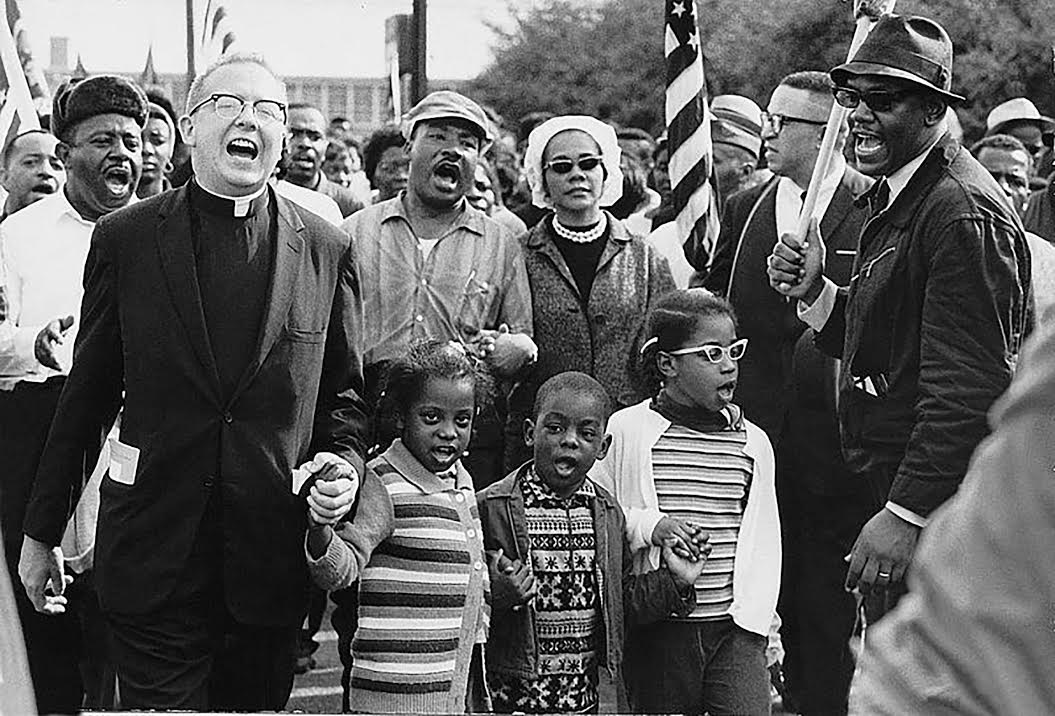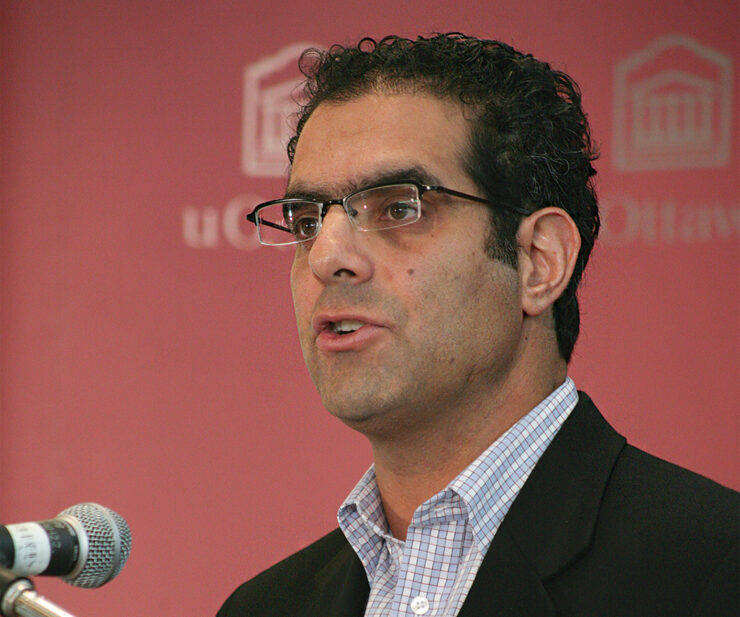Ida B. Wells: A journalist for justice
In modern-day journalism, we often see media conglomerates shy away from investigative stories that challenge preconceived notions of those in power. This is exactly why the work of journalist and civil rights activist Ida B. Wells is so important to remember and revive, as she used the power of journalism to expose the ugly truths around slavery in American society.
After contributing to various newspapers, Wells made a trip to the south for two months where she gathered information about lynching incidents. After she penned her editorial on the wrongful deaths of African-Americans by lynching, a mob of white people stormed her news office and destroyed her equipment. She was told that if she returned to Memphis, she would be killed.
Despite the threats, Wells’ journalistic research made waves, and she translated the story into a political movement by leading an anti-lynching protest in Washington D.C.
Though both the U.S. and Canada have made huge strides in treatment of our Black communities, there’s a long way to go in combatting racism. And without good investigative journalism that questions the power norms and discriminatory customs in society, these types of improvements will not come easily.
Wells’ journalism was not only fearless and direct, but enriched by her lived experience as a marginalized person. Being born a slave, and having to fight for her rights in an era of segregation in America, made for journalistic work that deviated from the mainstream lens, and captured more attention as a result.
This is another lesson we can learn from Wells—there is strength in ethnic diversity, and without giving marginalized groups a platform to tell their stories, journalism will suffer.
https://www.youtube.com/watch?v=yBuGT3FvMuc
Jennifer Hodge de Silva: Screenings for social change
The CBC recently published an article about African-Canadian female filmmakers. One of the women featured in this article is Jennifer Hodge de Silva (née Hodge), who was born in Montreal and was the first black filmmaker to work with the National Film Board of Canada and the CBC.
According to Library and Archives Canada, Jennifer was “among the first Black pioneers” in Canadian film and television.
Jennifer spoke French, German, and Italian, having completed her secondary school overseas in Switzerland, and attended York and Ryerson University. Her most famous film is a documentary called Home Feeling: Struggle for a Community (1983), which drew attention to the marginalized black communities and the tension with the Toronto police in the early 1980s.
With her husband Paul de Silva, she founded the production company Jenfilms Inc. around this time, and produced numerous films about the first-hand experiences of Canadians in various communities. These works focused on subjects like the Second World War, Black communities, Chinese immigrants, and prison reform. In 1989 she died from cancer at the early age of 38, but her legacy remains as a trailblazer for shedding light on real stories and struggles of communities across Canada.
Trey Anthony: Prime-time pride
When it comes to the television, movies, music, and other entertainment in Canada, oftentimes it seems as though we are dominated by content that is produced in the United States. Very rarely do we find quality material that reflects the diverse stories of Canadians, specifically content that is produced by people of colour and other minority groups.
Trey Anthony is one woman who has dedicated her life to changing that. A playwright and comedian, and the child of Jamaican immigrants, Anthony is the first black Canadian woman to have her own prime-time show on a Canadian network. ‘da Kink in my Hair, adapted from her play of the same name, was also the first Canadian written and produced play on a major stage in Canada. The show follows the Caribbean-Canadian owner of a hair salon as she navigates her relationship with her online boyfriend, as well as facing her own goals and aspirations.
Anthony said she was inspired to write the story after coming out as a lesbian to her family. These days she is also a motivational speaker, discussing issues such as her queer identity and the relationship between migrant mothers and their daughters. Anthony is also the recipient of a number of awards, including the Egale Canada Queering Black History 2009 Award, which celebrates the work of Canadians fighting for LGBTQ+ rights.





